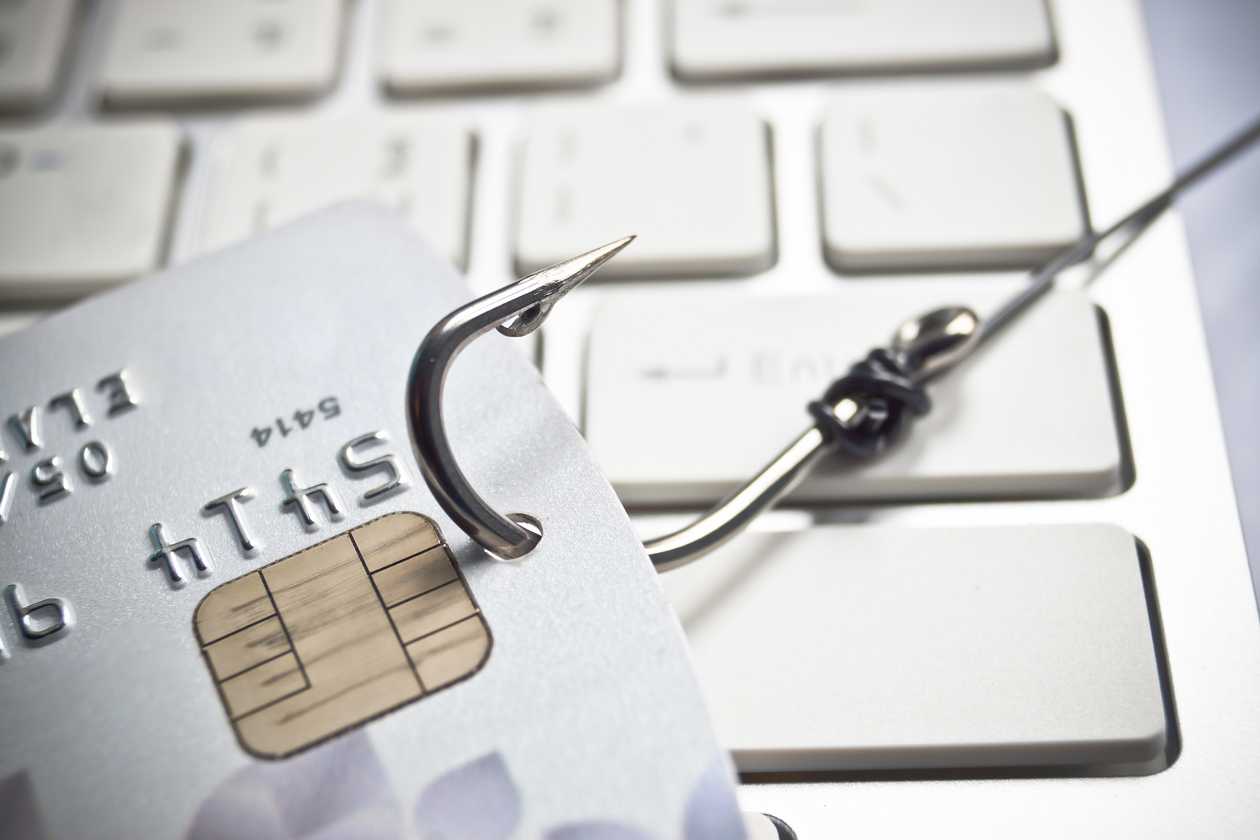In today’s fast-paced, digital-driven world, credit cards have become a staple of financial convenience and flexibility. They offer unparalleled advantages, from cashless transactions to rewards programs. However, this convenience comes with responsibility. Mismanagement of credit cards can lead to serious financial pitfalls, trapping individuals in cycles of debt that are difficult to escape.
Anúncios
Many consumers underestimate the long-term consequences of poor credit management. Credit card debt can accumulate rapidly due to high interest rates, late fees, and penalties, leading to financial strain that extends beyond monthly bills. Responsible credit card usage is essential not only for maintaining financial health but also for securing future opportunities such as homeownership, loan approvals, and favorable interest rates.
This comprehensive guide delves into the complexities of credit card usage, highlighting common traps and equipping readers with effective strategies to maintain financial health and stability. By understanding how credit cards work and the potential risks they pose, consumers can make informed decisions and avoid financial distress.
Understanding the Impact of Credit Card Debt:

Before tackling the nuances of credit card traps, it is crucial to comprehend the profound impact of credit card debt on individuals and the broader economy. Recent studies indicate that credit card balances have reached unprecedented levels, signaling a financial crisis for many households.
Excessive credit card debt can lead to severe financial strain, affecting not only an individual’s credit score but also their ability to secure loans, buy homes, and plan for future financial stability. Understanding these risks is the first step toward responsible credit management.
High-interest credit card debt can become a significant burden, particularly when combined with other financial obligations. The average credit card interest rate is often higher than that of other forms of debt, such as personal loans or mortgages, making it one of the most expensive ways to borrow money. This reality underscores the importance of using credit cards wisely and avoiding unnecessary debt.
Furthermore, credit card debt can have psychological implications. Studies show that financial stress is a leading cause of anxiety and relationship strain. Individuals struggling with debt often experience reduced quality of life, limited financial flexibility, and heightened stress levels, further emphasizing the need for proactive financial management.
The Seven Deadly Credit Card Traps
Many credit card users unknowingly fall into traps that exacerbate their financial burdens. Below, we explore the most common pitfalls and provide actionable strategies to avoid them.
1. Minimum Payment Requirement
The appeal of making only the minimum payment is a deceptive trap that prolongs debt repayment and results in excessive interest charges. The longer it takes to pay off a balance, the more one pays in interest over time.
Solution: Aim to pay more than the minimum each month. If possible, pay the full balance to avoid interest accumulation. Setting up automatic payments for the full balance or using budgeting apps can help ensure that payments remain a priority.
2. Late Payments
Missing a payment deadline can lead to hefty late fees and an increase in interest rates, significantly impacting credit scores.
Solution: Set up automatic payments or reminders to ensure timely payments. If a late payment occurs, contact the credit card issuer to request a fee waiver. Many companies offer one-time waivers for responsible customers with a history of on-time payments.
3. Payment Processing Schedule
Many users overlook the time it takes for payments to be processed. A delay of just a few hours can result in a missed deadline.
Solution: Schedule payments at least a few days before the due date to account for processing times. Some banks offer same-day payment options, but it is always best to plan ahead.
4. Introductory Fixed Interest Rates
Promotional interest rates can be enticing, but once the introductory period expires, rates often increase significantly, leading to unexpected financial strain.
Solution: Read the fine print and plan ahead for potential rate changes. Avoid making purchases that cannot be paid off before the promotional period ends. If necessary, transfer the balance to another low-interest card before the promotional rate expires.
5. Balance Transfers
Balance transfers can help consolidate debt, but high transfer fees and the expiration of promotional interest rates can negate their benefits.
Solution: Calculate the total cost of a balance transfer, including fees and long-term interest rates, before proceeding. Only use balance transfers if they provide a clear financial benefit.
6. Cash Advances
Cash advances might seem like an easy solution during emergencies, but they come with steep interest rates and fees that accumulate rapidly.
Solution: Explore alternative sources of emergency funds, such as savings accounts or personal loans with lower interest rates. If a cash advance is necessary, repay it as quickly as possible to minimize costs.
7. Reward Programs
Credit card reward programs can be enticing, often encouraging overspending to earn points, cashback, or travel perks.
Solution: Use rewards strategically by making purchases within your budget and avoiding unnecessary spending solely to earn points. Compare different reward programs to ensure that the benefits outweigh the potential costs.
Americans’ Credit Card Usage Habits
Examining the spending behaviors of American consumers reveals a heavy reliance on credit cards for everyday expenses. From groceries to travel, credit cards are a fundamental tool in managing personal finances. However, differentiating between essential and discretionary spending is critical in avoiding financial pitfalls.
Understanding these spending patterns helps individuals reassess their financial habits and make informed decisions to prevent unnecessary debt accumulation. Consumers should track their spending habits regularly and adjust their budgets accordingly to avoid falling into financial traps.
Strategies for Responsible Credit Card Use
With knowledge of common credit card traps, individuals can implement strategies to maintain financial stability and optimize their credit usage.
Develop a Budget
A well-structured budget helps track expenses and ensures that credit card usage aligns with financial goals. Allocate specific amounts for essential expenses, savings, and discretionary spending.
Pay Balances in Full
Paying off credit card balances each month eliminates interest charges and prevents debt accumulation. If full payment is not possible, prioritize high-interest debts to minimize costs.
Monitor Credit Reports
Regularly reviewing credit reports helps identify inaccuracies, track credit utilization, and assess overall financial health. Consumers are entitled to free annual credit reports from major credit bureaus.
Limit Credit Utilization
Maintaining a low credit utilization ratio (amount of credit used versus total available credit) enhances credit scores and demonstrates financial responsibility to lenders.
Use Automatic Payments
Setting up automatic payments reduces the risk of missed deadlines and late fees, ensuring a consistent payment schedule.
Understand Terms and Conditions
Reading and understanding the terms and conditions of credit cards prevents surprises related to interest rates, fees, and rewards programs.
Conclusion
Navigating the financial landscape of credit cards requires diligence, awareness, and strategic planning. While credit cards offer undeniable convenience, they can quickly become financial burdens if not managed responsibly.
By understanding common credit card traps and implementing proactive financial habits, individuals can take control of their financial future. Responsible credit card usage is more than just making purchases—it’s about safeguarding long-term financial stability and ensuring a prosperous future for individuals and their families.
With rising credit card debt posing challenges for many consumers, vigilance and informed decision-making are crucial. Through education, discipline, and sound financial practices, credit card users can harness the benefits of credit while minimizing risks, ultimately securing a healthier financial future.






